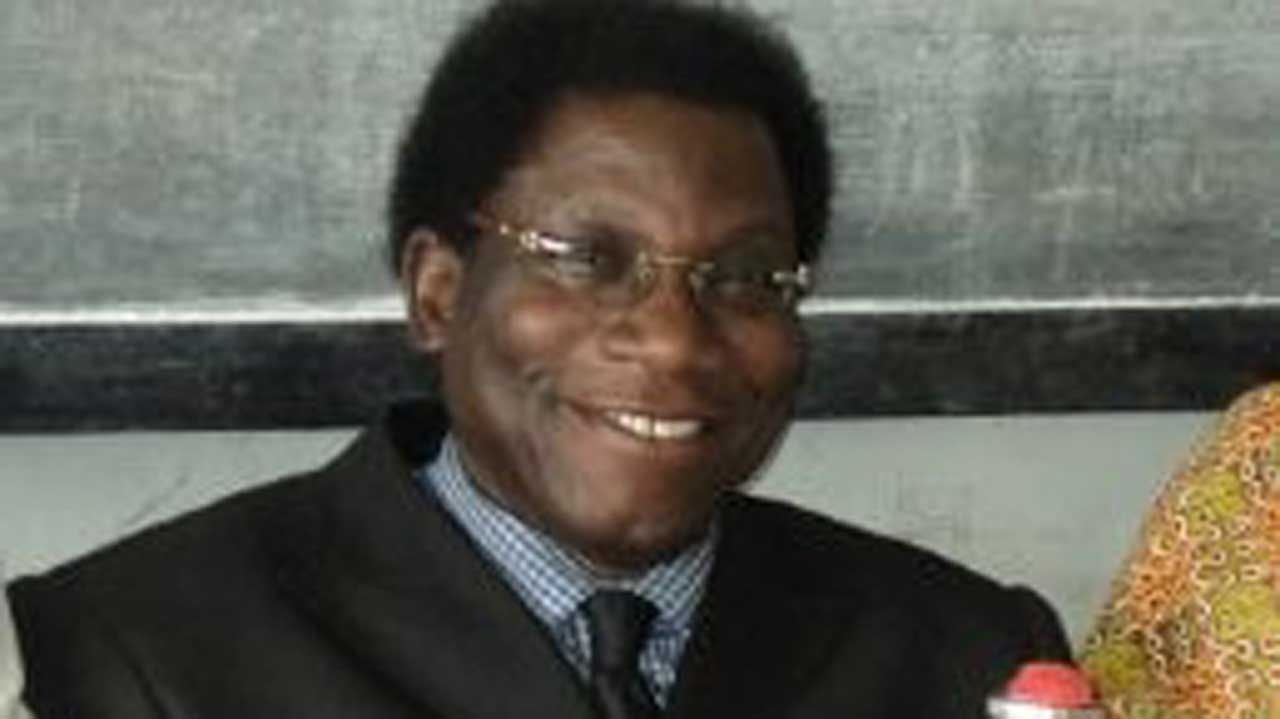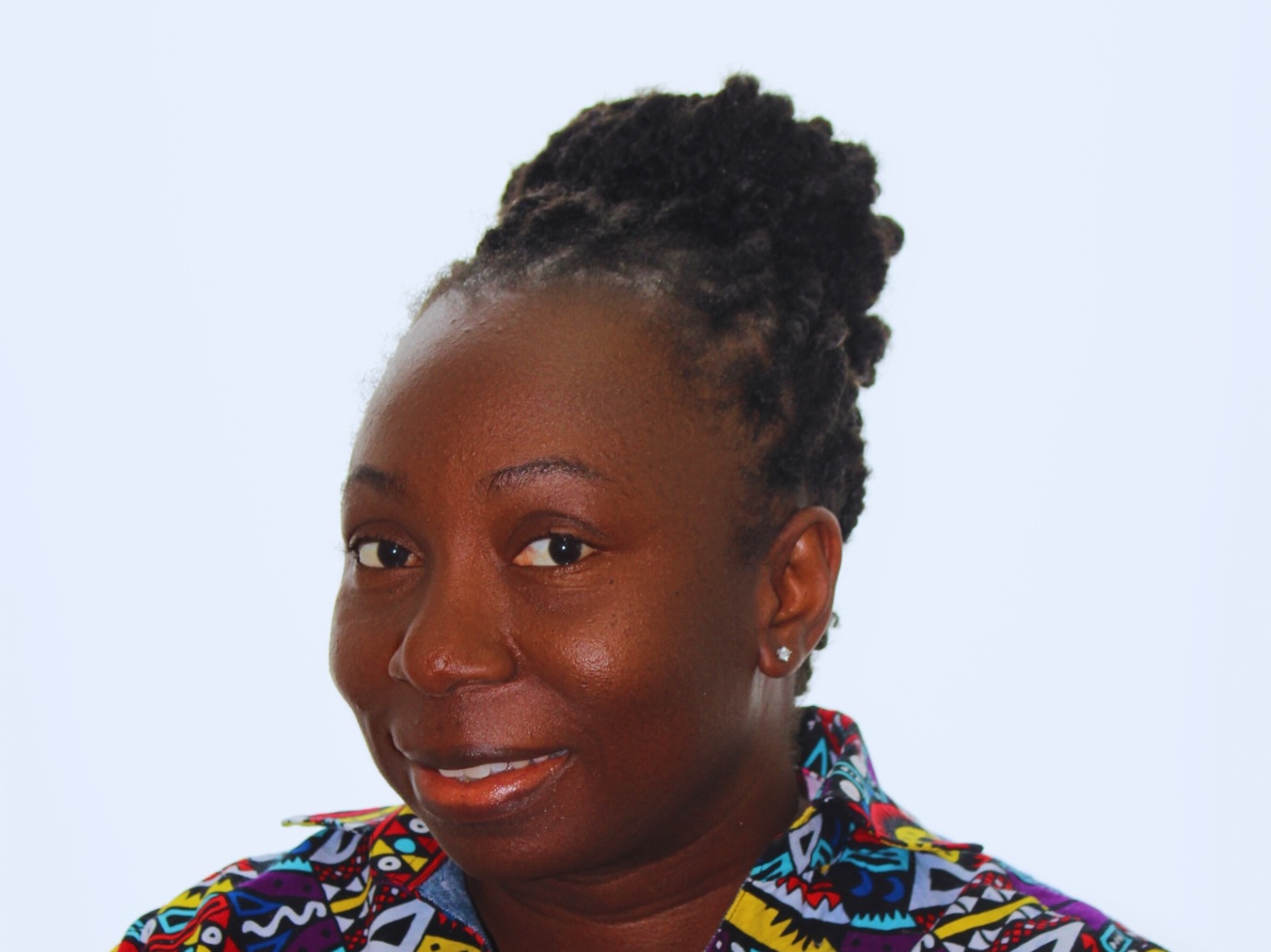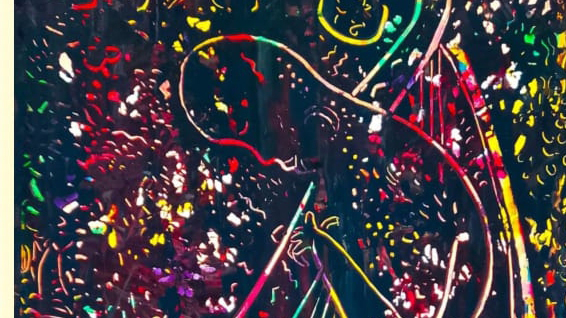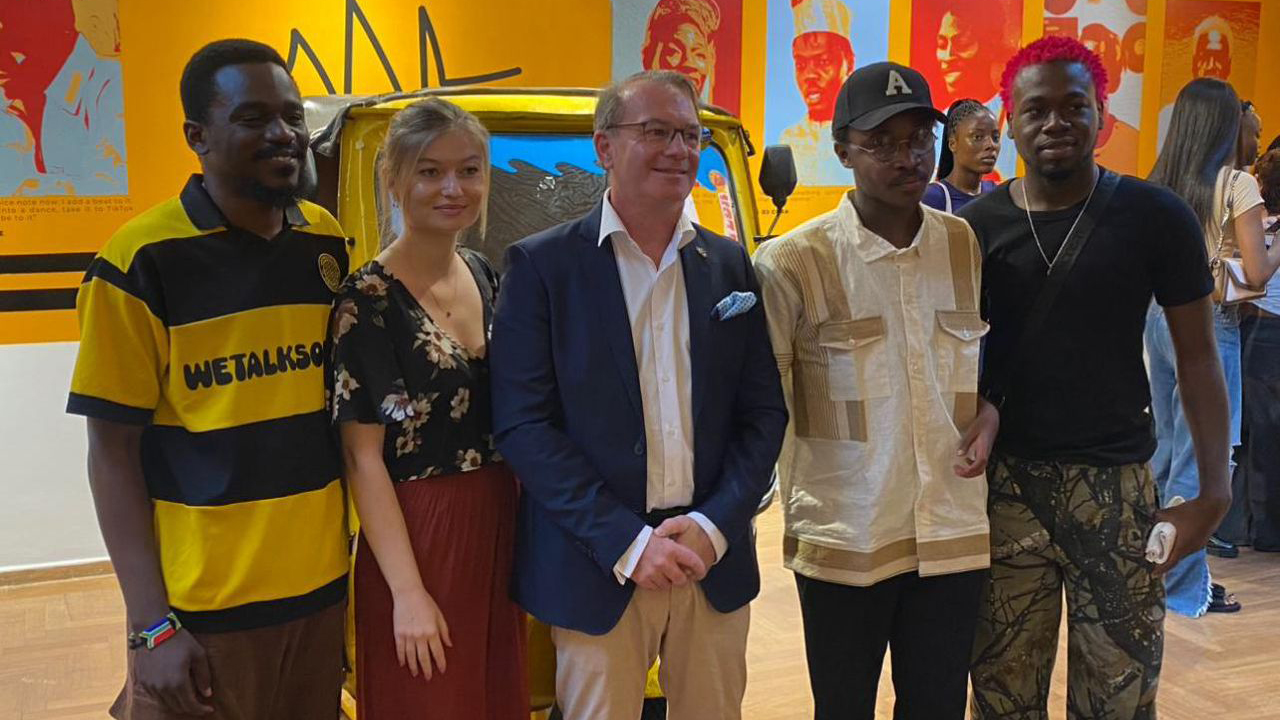 The shocking news keeps coming, like a swarm of locusts. But death, it seems, offers no respite. It enters the yard without permission and departs without bidding farewell, leaving anguish and pain in its wake. I write of course about my former teacher, Remilekun Ademola Adedokun JP, JP, who died as the first month of the year was ending.
The shocking news keeps coming, like a swarm of locusts. But death, it seems, offers no respite. It enters the yard without permission and departs without bidding farewell, leaving anguish and pain in its wake. I write of course about my former teacher, Remilekun Ademola Adedokun JP, JP, who died as the first month of the year was ending.
I received the news of Dr Adedokun’s departure with shocking resignation that comes with powerlessness. It was even more shocking because he was said to have died after a brief illness at the Seventh Day Adventist Hospital, Ile-Ife. My first question was, ‘do people still die of brief illness?’ The shock of this death stings like the bite of harmattan in the morning.
The first time I met Remi Adedokun was in the early 1980s. He was a lecturer and the administrator of the Arts Theatre, as it was then known, of the University of Ibadan.
However, I had heard of his fame long before then. He was one of the first set of diploma students at the newly establish department of Theatre Arts at Ibadan. And he was also one of the few who survived the fatal accident that nearly wiped out the entire University of Ibadan troupe to the 1972 2nd All-Nigeria Festival of the Arts in Kaduna, in the week before Christmas of that year. He was a first year Diploma student. And they were travelling back after representing the Western State. Bayo Oduneye (Uncle B), formerly of the National Troupe of Nigeria, who died last November, was another survivor of that accident.
Adedokun later had another serious accident in the mid-1980s, which he also survived but that left him with life changing injuries. But he survived. So, we already knew this man was destined for a ripe old age, that he had a charmed life, and that his death would only come in the middle of the night, on his well-pressed pillow.
Why did you now leave us, Double JP, in the pre-twilight of your life, without bidding farewell?
Yes, he was a double JP – a Justice of the Peace and a Jerusalem Pilgrim.
It was in 1984 when I first encountered him at his office at the Arts Theatre annex. He was installed in the former office of Professor Wole Soyinka when he was the head of the School of Drama before he was ‘detained’ during the Nigeria-Biafra war. Adedokun was now the occupant of that space. As you can imagine, there was a whole wall of shelves filled with scripts and papers and books, all protected by Adedokun.
That, he might have said, were materials for a veritable archive, as they belonged to the owner of this place. But I remember his next words: ‘I am only a caretaker’.
There was a draft copy of the typescript of Wole Soyinka’s Kongi’s Harvest amongst the papers. It was covered in green scribbles in the hand of the playwright. The caretaker remarked that he learnt more about the art of playwriting from that corrected script than any theatre book. And he was right, as I found out later, whilst spending hours pouring over the script and comparing it with the published version.
That archive later burnt down with the department of Theatre Arts in 1995. Alas. But I am jumping ahead.
Adedokun offered me some roles in the radio and television dramas he was producing at the time. Unfortunately, due to other commitments, I could not accept. But he never gave up. A few years later, he was involved in a ghastly motor accident between Ibadan and Osogbo.
On the hospital bed, the thoughts on his mind were the survival of the production group and the various dramas for the Broadcasting Corporation of Oyo State (BCOS). The ultimate managerial mind that was the man then came into play: he offered me free access to his office on the condition that I complete the productions and even start new ones. That was how I became the surrogate ‘caretaker’.
As his assistant – or director, as he styled me when he came back – I worked on several radio productions for broadcast on BCOS, using the facilities available at the BCOS, Oke Mapo, Ibadan, till the end of the 1980s and early 1990s. We worked on so many ideas until I left Nigeria. Rather, I gluttonously drank from his milk of experience and expertise, and he was generous in giving.
That was about me, about what he meant to me.
Nonetheless, there is a part of Adedokun that was hidden from even those who knew him intimately: he never understood why people could refuse even the clothes on his back, when he wants to freely give. One incident in 1993 came to mind.
Adedokun had just defended his doctorate thesis on Theatre Management, supervised by Professor Femi Osofisan, for the University at Ibadan. In appreciation, he packed some livestock – he had a ‘farm’ of ducks, hens, and geese at his old residence off Oduduwa Road on the Ibadan University campus, before he moved to the former house of Mrs Laide Soyinka (the Soyinka connection again) – and went to gift them to Osofisan. Characteristically, the latter rejected the offering, claiming he was only doing his job, and that supervising Adedokun’s work gave more satisfaction than ‘wura and fadaka’.
Undaunted, Adedokun organised a sumptuous luncheon and invited all students and all passers-by, as many as could fit into his living room and the yard around. The banner in front of his residence read: This party is sponsored by Professor Femi Osofisan. Pray for him.
Adedokun later established Oracles Repertory Theatre, with Yemi Akintokun as the Artistic Director. And turned his house at Osogbo into a studio, producing Tales by the Moonlight for YouTube.
To now learn that Adedokun has gone – just like that; not of old age, not of accident, but after a brief illness, that infamous killer of Nigerians – sours the honey of existence and putrefies the salt of our memory.
Remi Ademola Adedokun was not only a lecturer, a theatre administrator and producer, he was also a writer of many television and radio plays. Some of his writing include The Daughters of the Skies (drama), One step to Paradise (drama), and The Goddess Called Woman (a volume of poetry). His books, Theater Production Handbook, Arts Administration in Contemporary Nigeria, and Community Theater Practice in Nigeria are great sources for university students.
Professor Duro Oni, former Deputy Vice Chancellor of University of Lagos, who was one of the first to confirm the news to me, found the death unconscionable. In fact, he found the illness unexplainable and made several calls to ascertain the facts. Alas, Uncle Remi JPJP has left us to answer the call of the pottage seller of Òrun. May his gentle soul rest in peace.
University of East Anglia, Norwich, UK






